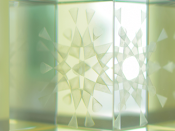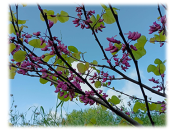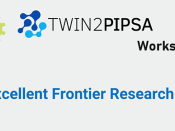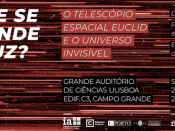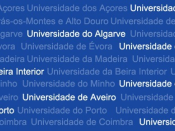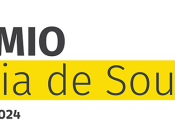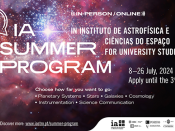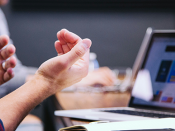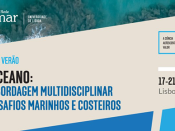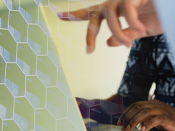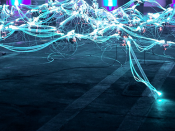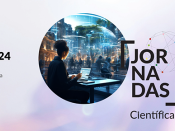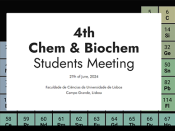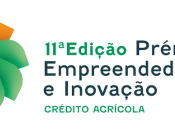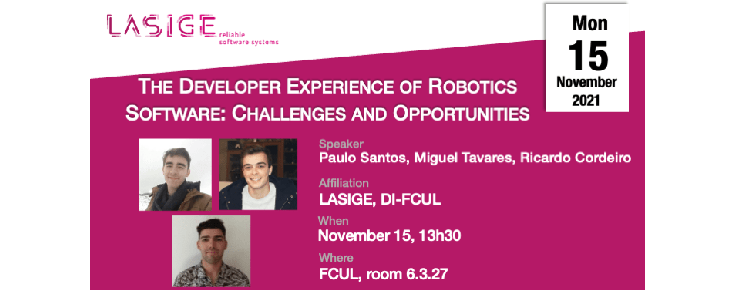
Por Paulo Santos, Miguel Tavares e Ricardo Cordeiro (LASIGE).
Robotic systems help the users in many dull, dirty, or complex tasks by automating some of its systems, like the landing train in a plane. The need for faster development of robotic systems while keeping their safety led to the introduction of different software frameworks, such as the Robot Operating System (ROS). ROS allows the development of robotics software by developers without the need for the full complex robotics domain knowledge. ROS contains several highly decoupled libraries, allowing one to reuse different software components to develop their robotic system quickly. Nevertheless, these systems are still dependent on the robotics domain area and the programmers’ experience. In this talk, we further motivate ROS introduction and provide an overview of the different underlying architectural styles, the overall system design, and the identification of common mistakes during development. This talk also motivates the discussion on improving these systems with a live demonstration of an (almost!) fully functional robot.
Bios:
- Paulo Santos is a Dual Degree PhD student at the Faculdade de Ciências da Universidade de Lisboa (FCUL) and at Carnegie Mellon University (CMU). He received his BSc and MSc in Computer Science from the University of Lisbon in 2018 and 2020, respectively. Currently, he is working under the supervision of Alcides Fonseca and Sara Silva at FCUL and Chris Timperley at CMU. His main research interests combine type theory and evolutionary computation in program synthesis and automatic repair systems;
- Miguel Tavares is a MSc Student at Faculdade de Ciências da Universidade de Lisboa (FCUL). He received his BSc in Computer Science from the University of Lisbon in 2020. Currently, he is working under the supervision of Alcides Fonseca and Chris Timperley on static analysis of robotic systems;
- Ricardo Cordeiro is also a MSc Student at Faculdade de Ciências da Universidade de Lisboa (FCUL). He received his BSc in Computer Science from the University of Lisbon in 2019. Currently, he is working under the supervision of Alcides Fonseca and Chris Timperley on the formalization and runtime verification of invariants for robotic systems.





